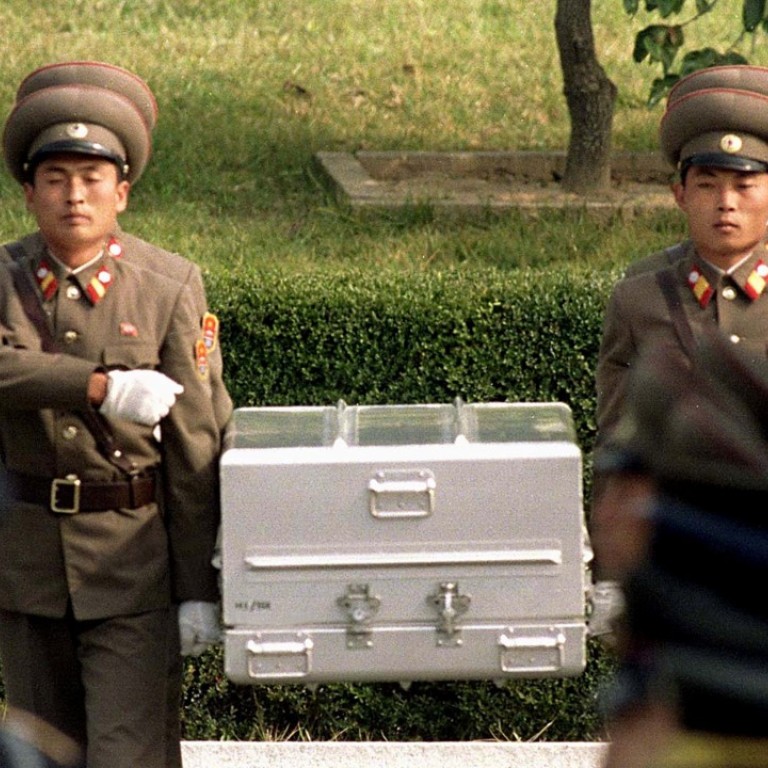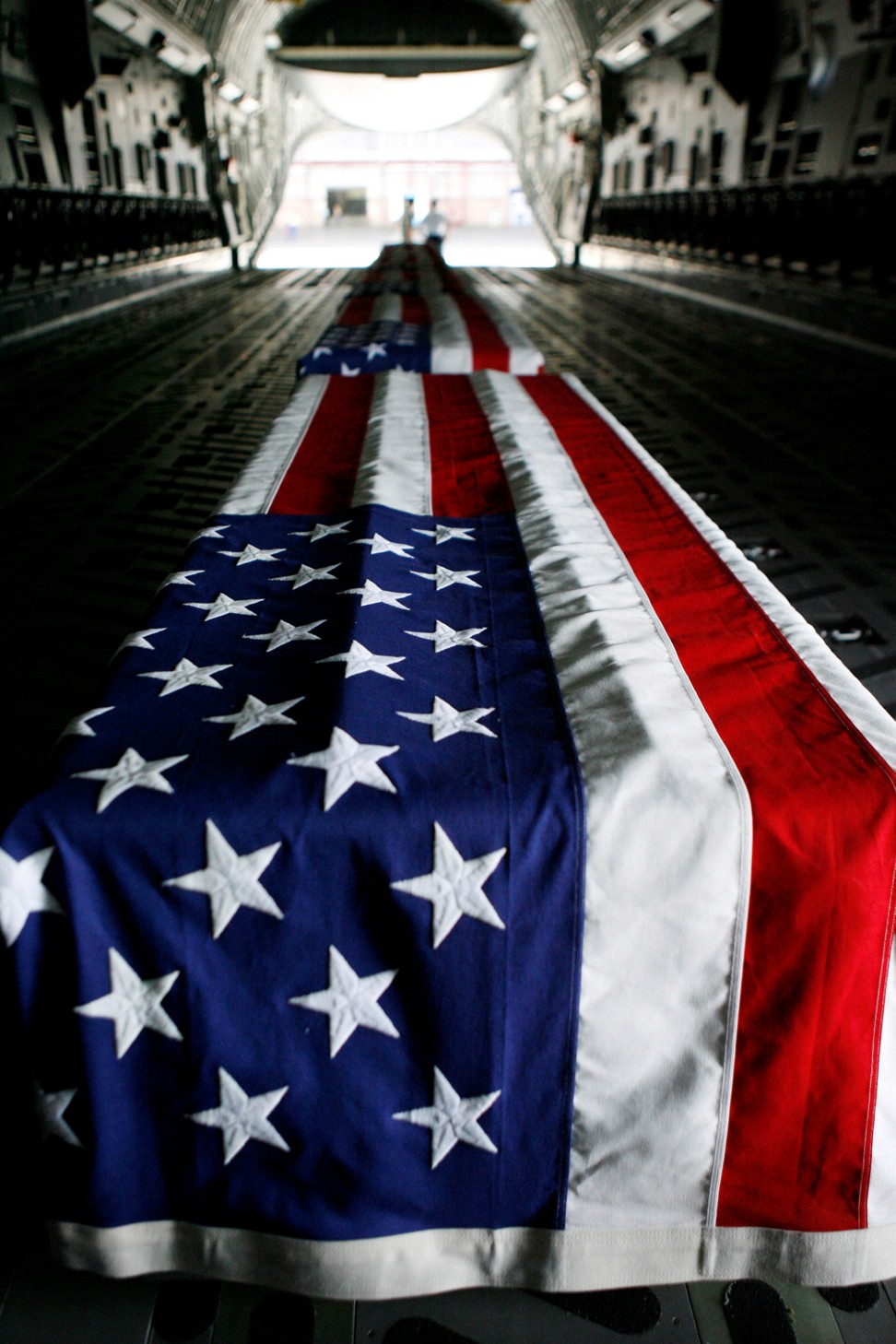
Will North Korea’s return of soldiers’ remains buy a US exit from the Korean peninsula?
Donald Kirk says North Korea has used US soldiers’ remains as a moneymaking scheme in the past, and now may be after a bigger payoff – a peace declaration and exit of US troops from the Korean peninsula
The North Koreans would love to replace the armistice with a peace treaty. That’s crucial to calling for withdrawal of the 28,500 US troops in South Korea. Moon has said he’s not in favour of US troops leaving, but the North Koreans and their Seoul mates are sure to ask, if we’re “at peace”, why should the Americans be here and why maintain the alliance?
The North Koreans will promote that argument, and are banking on Trump’s enthusiasm for searching for the remains as a means to that end.
Stories of North Koreans gouging Americans for money were common in the 11-year period when the US and North Korea conducted “joint recovery operations”, until then-president George W. Bush decided enough was enough in 2005.
Bruce Bechtol, a former Defence Intelligence Agency analyst, recalls the leader of one of the US search teams complaining that “the North Koreans want money for everything”. There were even reports of North Koreans hoarding what were purported to be remains in the hope of profiting from their “discovery”.
The fear at the time was that the North Koreans would hold Americans hostage as relations deteriorated after the 2002 breakdown of the 1994 Agreed Framework, under which the North had locked up its nuclear reactor at the Yongbyon complex and stopped making nuclear warheads with plutonium at their core.
Exposed for ordering a separate secret programme for making warheads with highly enriched uranium, Kim’s father, Kim Jong-il, expelled inspectors from the International Atomic Energy Agency at the end of 2002.
Then, in early 2003, he withdrew from the nuclear non-proliferation agreement while his physicists and engineers geared up for the North’s first nuclear test in October 2006.
As the US and the North resume joint recovery efforts, we may be sure the North Koreans will ask for large sums of money without doing a thing about denuclearisation. However, the North’s long-running campaign for a peace treaty takes higher priority than money, in the view of former US diplomat Mark Fitzpatrick.
Sure, joint recovery operations will provide a steady revenue, he says, but they see engagement with the US as leading to talks on a peace treaty.
Watch: Families of US soldiers missing since Korean war hope Trump-Kim talks will bring loved ones home
Donald Kirk is the author of three books and numerous articles on Korea


